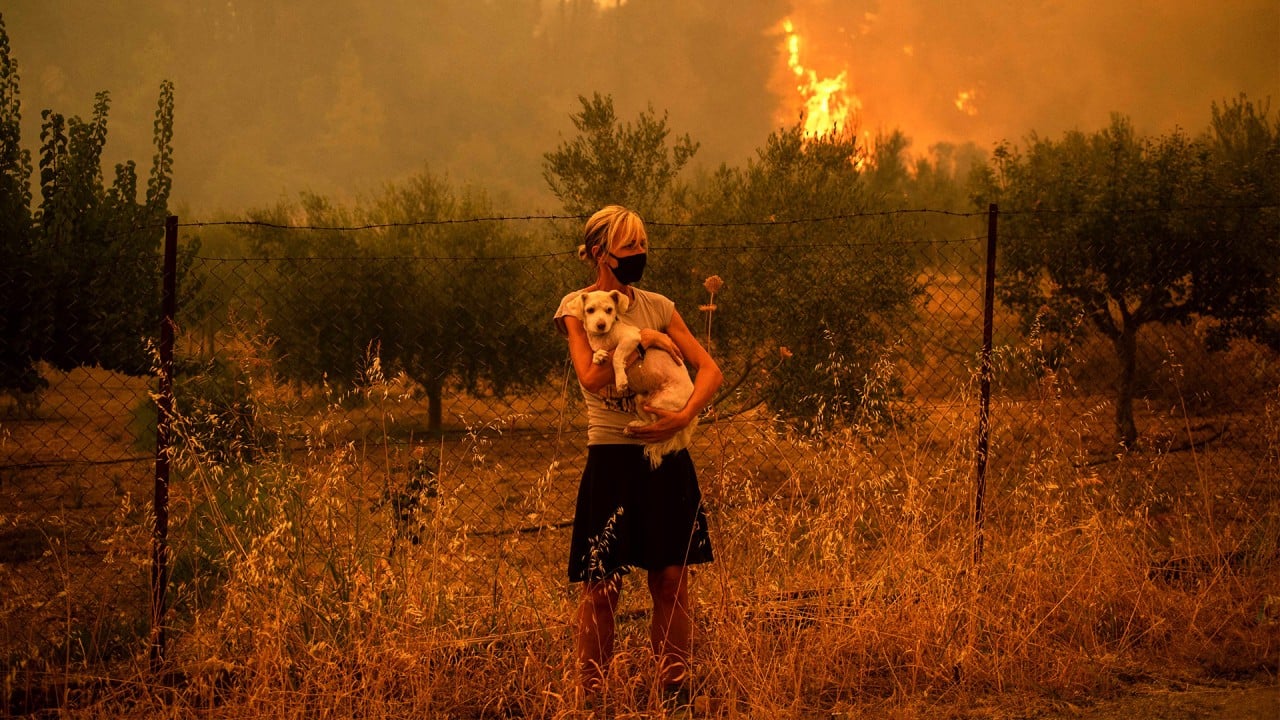
When the invisible hand of the market can’t fight climate change, intervention is needed
- Separately, the G7 and Asian Development Bank have decided ‘the market’ cannot solve major problems like global warming or a lack of basic infrastructure by itself
- Instead, an institutional form of capitalism combining private and public money may be emerging
Remarkable things are beginning to happen in the world of international finance, things that could help to resolve some of the great economic challenges of our time and maybe even alter the face of capitalism in the process. It might be called the “quiet (but very welcome) revolution”.
Two of these things happened recently in places as far apart as Cornwall, England, and Manila, in the Philippines, and they both involve a tacit recognition of the fact that markets are sometimes unable to solve problems by themselves and that public sector intervention is needed.
Stripping this down to essentials, what it means is that key Western governments are beginning to realise that the vast amount of funds they need to deploy to ensure socio-economic survival are not under their control but are directed by private financial institutions.
“The market”, as this amorphous entity is usually referred to, is supposed to represent the optimum way of channelling savings where they can be most efficiently used. But it will usually direct them to areas of economic activity where financial rewards are highest, and soonest reaped.
An example of such intervention is a decision by the Asian Development Bank (ADB) to join well-known private financial institutions such as banking groups Citi and HSBC and British insurer Prudential in a feasibility study on a joint venture to significantly cut greenhouse gas emissions.
Known as the “energy transition mechanism” or ETM, the scheme aims to help developing countries in Asia that are among the world’s biggest emitters of greenhouse gases shut down coal-fired power plants within a limited time frame and replace the lost output with renewable energy.
Concessional funds from development sources, developed nations and philanthropies will be blended with those from public and private entities and used to acquire coal-fired power plants to accelerate their retirement and finance clean energy and energy storage.
The other big breakthrough was in Cornwall in June when the Group of 7 (the US, Canada, Japan, Germany, Britain, France and Italy) decided to use multilateral and national development banks as vehicles to coordinate their promised infrastructure investment drive.
Development finance institutions already invest tens of billions of dollars annually in infrastructure in the developing world and catalyse similar amounts from private sources. But the need is for hundreds of billions and the G7 is hoping to trigger such flows through its actions.
The realisation seems finally to be dawning among Western leaders that “the market” is not good (to put it mildly) at guiding investment into where it is most needed, instead of directing vast amounts of it into tech and other areas where bubbles are nurtured and burst.
If we are beginning to see the emergence of a more institutional form of Western capitalism combining private and public money through rational structures, instead of relying on Adam Smith’s fumbling hidden hand, we may stand a chance of winning the battle against existential threats.
Anthony Rowley is a veteran journalist specialising in Asian economic and financial affairs



